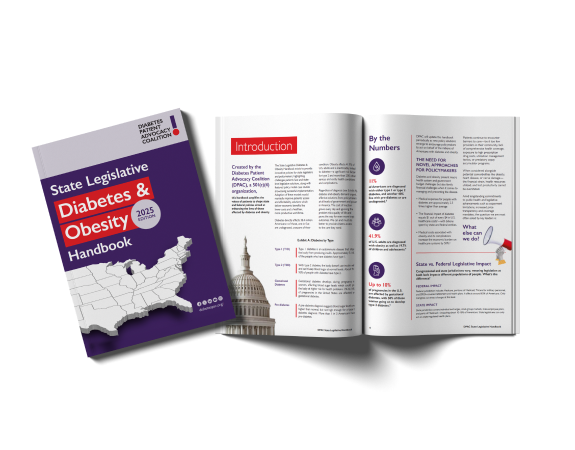Fight an epidemic through access to evidence-based treatments

Connecticut’s model expanded access to comprehensive anti-obesity care for Medicaid and state-employee health plan beneficiaries. This approach not only improves health of Connecticut residents, but also addresses the high cost of unmanaged obesity.


Most plans offer only basic counseling services or, in select severe cases, only coverage for weight-loss surgery.

Obesity care costs $170 billion in annual healthcare costs in the U.S.
While lifestyle modifications such as dietary adjustments and increased physical activity are key components of obesity management, these changes alone are not enough for all individuals. Studies show that most people regain lost weight within two years, highlighting the need for long-term solutions. Learn more about the obesity epidemic and the impact of stigma on accessible care by watching the following video.

This must include coverage options encompassing the defined standards of care by the medical community, including:
.png)
Structured dietary counseling to support sustainable changes;
.png)
Counseling that addresses habits and behaviors contributing to obesity; and
.png)
Safe, effective options to support weight management.

Recognizing the urgency of this issue is essential for policymakers seeking to improve public health and control escalating costs of obesity-related healthcare.
Connecticut stands out as a leader among the states, which typically have limited and often inadequate obesity care coverage. The state has prioritized expanding access to a comprehensive spectrum of medical care and obesity management services for employees and Medicaid beneficiaries.
One key component of Connecticut's model is including AOMs in Medicaid coverage. This proactive step has helped more people stick to their treatment plans, achieve more effective weight management, and reduce long-term healthcare costs associated with obesity-related complications. The state has also seen potential savings in welfare and disability programs by enabling some patients to return to work.
.png)
.png)
Connecticut's state-employee health plan goes a step further, requiring enrollment in comprehensive weight management programs. These programs engage multidisciplinary teams to deliver personalized care, ensuring people receive support they need beyond a prescription.
.png)
While concerns around the cost of AOMs are understandable, the long-term savings they provide are significant. By preventing costly weight-related conditions like Type 2 diabetes and heart disease, AOMs can substantially reduce overall healthcare spending.
To effectively combat the obesity epidemic, health insurance coverage must prioritize access to a comprehensive array of evidence-based treatments. Connecticut's innovative approach serves as a valuable blueprint for other states seeking to improve obesity care and enhance the overall health and well-being of their citizens.

Would you like to contact DPAC to work on legislation in your state? Drop us a line.

